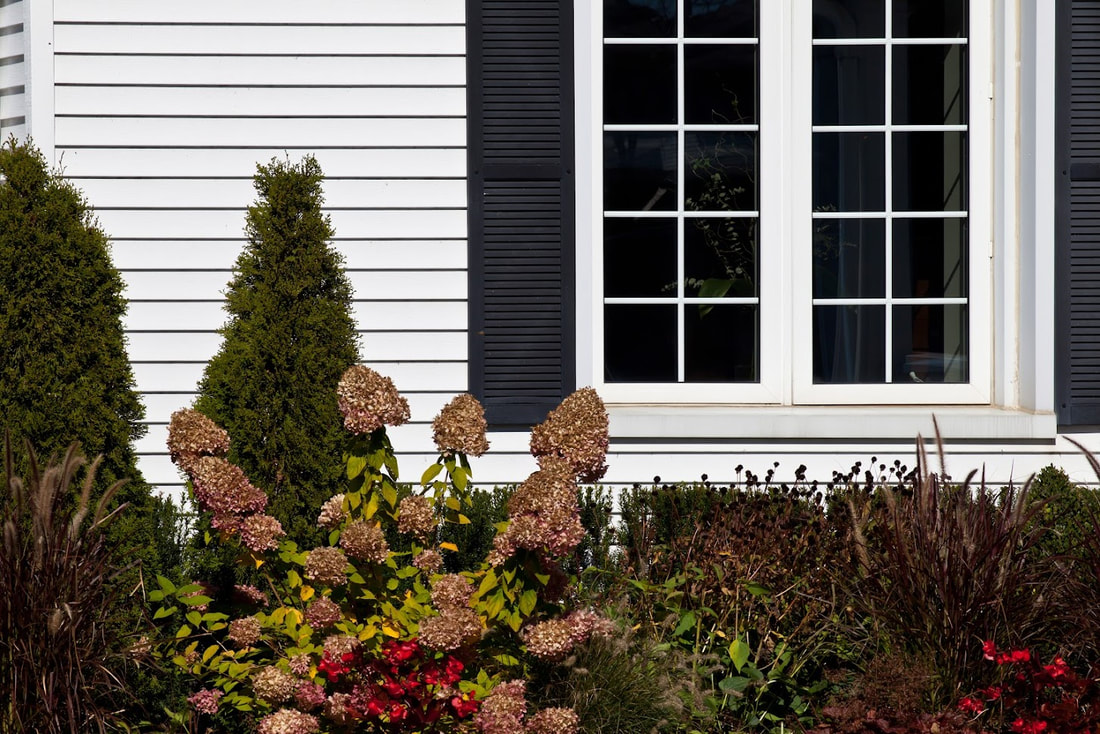|
Window tint doesn't just add privacy, comfort, and UV filtering to cars — it can offer the same benefits to your home. However, even if the thought of tinting your residential windows appeals to you for these and other reasons, you may have held back from actually taking the plunge based on some common misconceptions. You may feel much more enthusiastic about adding window tint to your home once you take a closer look at the objections surrounding residential window tint, especially when you see how little weight these objections actually hold. Take a look at the truth behind four myths regarding residential window tint. 1. Window Tint Will Spoil the ViewIndividuals unfamiliar with the sheer range of available window tint products might assume, based on the deep, dark tint on their car windows, that they'll see nothing but gloom when they try to look through tinted residential windows. While you can certainly purchase dark tint for your home, you have many lighter options as well. Window tint comes in a variety of visible light transmission ratings, expressed as a percentage of how much visible light the tint allows into the home. You can purchase a tint that barely reduces the incoming light at all if you so choose. Even with these very light tints, the underlying film still blocks harmful UV rays. 2. Window Tint Costs Too MuchMany homeowners hesitate to add much-needed tint to their windows because of the perceived expense. Nationwide, the average home window tint installation costs $587, with prices ranging upward and downward based largely on the number, size, and style of the windows receiving the tint and on the choice of product. You can control much of this expense by making some smart product and installation choices. For instance, you'll pay considerably less for a standard window tint than you would for smart window tint (which grows lighter or darker in response to ambient light). You can also save by avoiding ceramic tint, usually the priciest choice. You also have control over which (and how many) windows you decide to tint. Tint installation on oddly shaped windows will usually require more effort and, therefore, cost more than tint installation on standard square or rectangular windows. You may decide to tint only the more conventional windows that receive direct sun exposure. Don't forget to consider the savings you can enjoy by installing tinted windows. Studies have shown that window tint can reduce energy consumption by up to 30 percent by stabilizing indoor temperatures. Over time, your residential window tint investment should pay for itself and then some. 3. Window Tint Harms Indoor PlantsIf you love and nurture a collection of indoor plants, you might naturally assume that any kind of window film (tinted or non-tinted) that blocks a certain degree of sunlight would harm your flora. You might even have gotten this idea after seeing a neighbor's plants start to wilt following a window tint installation.
In reality, window tint doesn't do any lasting damage to houseplants. Most residential and commercial window tints focus on blocking out the infrared red that transmits heat energy as well as the UV radiation on the other end of the scale, while blocking only a percentage of the visible light that nourishes plants. Plants do indeed tend to wilt a bit whenever you change the amount of incoming visible light that they've grown accustomed to. However, this effect should reverse itself fairly quickly as the plants adjust to their new supply of everyday light and return to their former robust state. As noted above, you have considerable leeway in choosing the amount of visible light your residential window tint filters. Ask your window tint provider for advice on what level of visible light transmission you should choose to keep your plants healthy. Now that you can put some of the most common objections to residential window tint aside, select a window tint provider with the right skill, experience, and product lines to do the job right. Examine your options at Add Outlook Window Tinting Services, and then contact us with your residential window tint needs.
0 Comments
Leave a Reply. |
AuthorWith over 25 years experience, you know you're in good hands. Paul and Pam are here to educate their customers and help them to choose the right film to suit their needs. Archives
January 2024
Categories |

 RSS Feed
RSS Feed